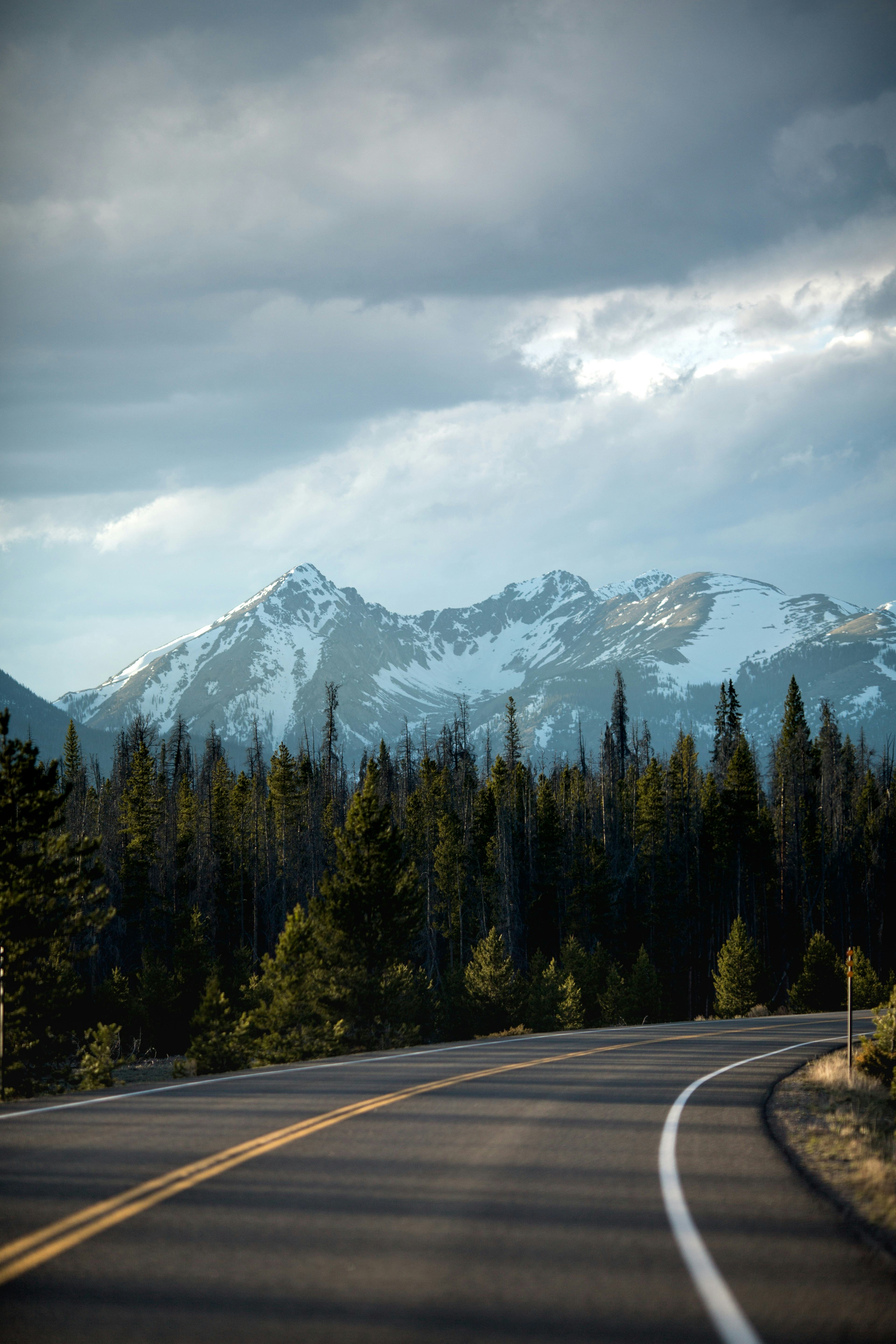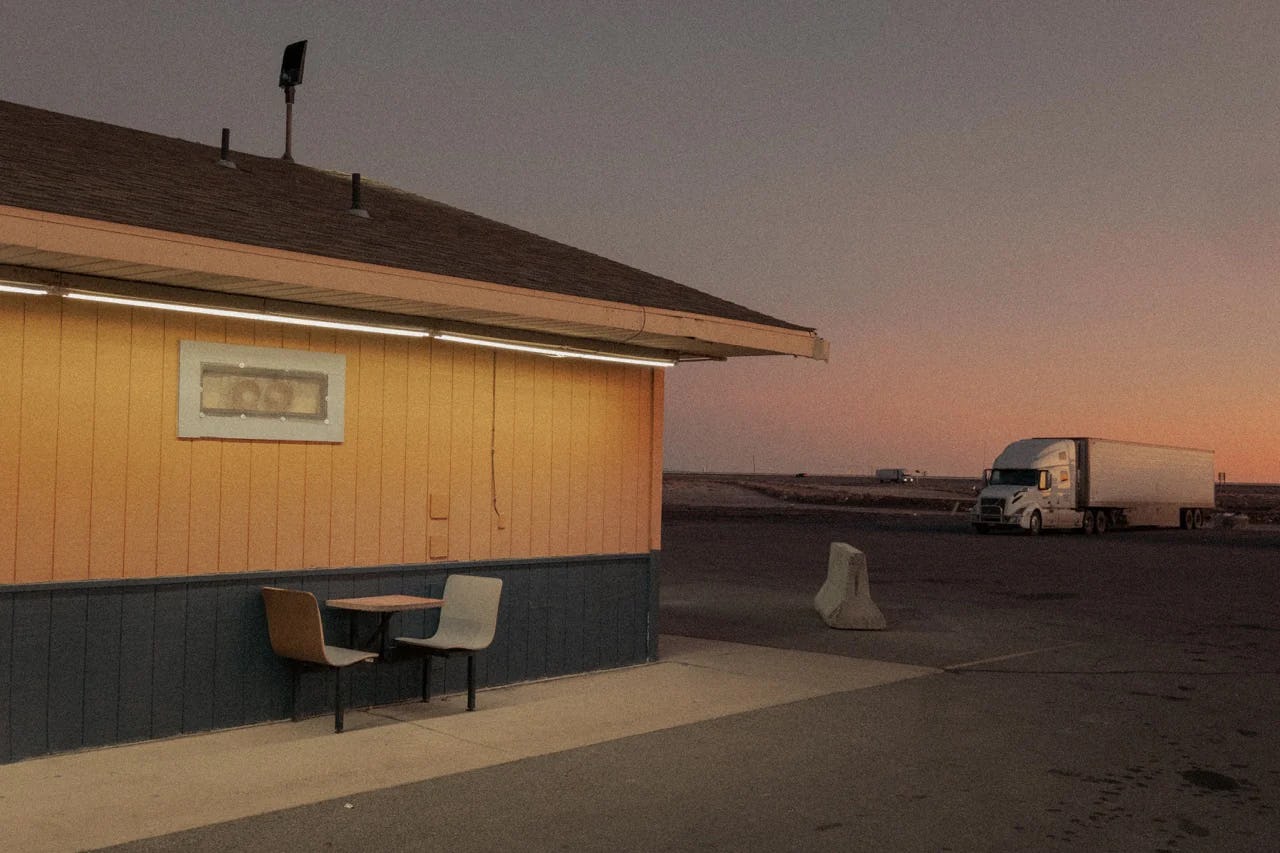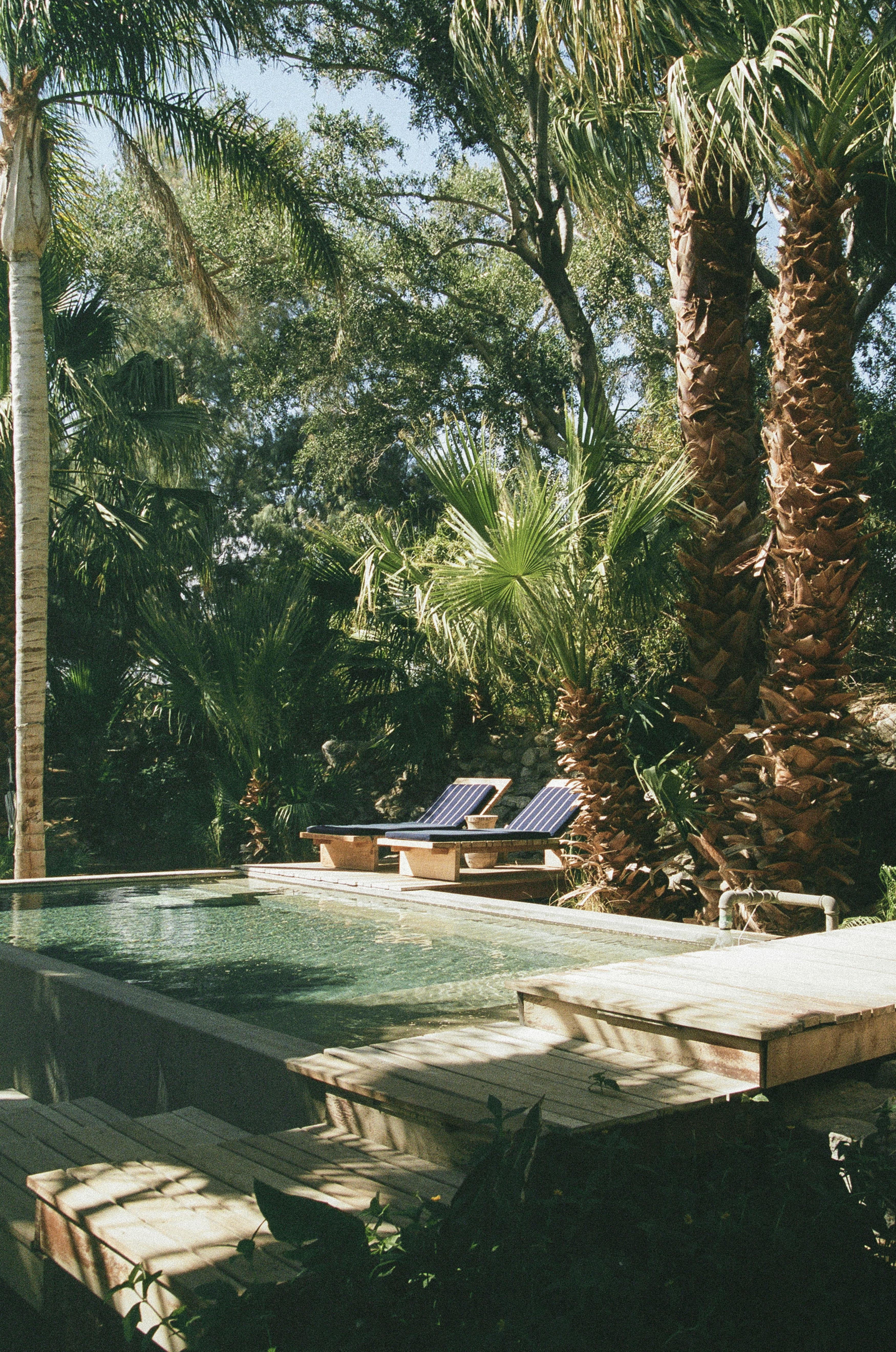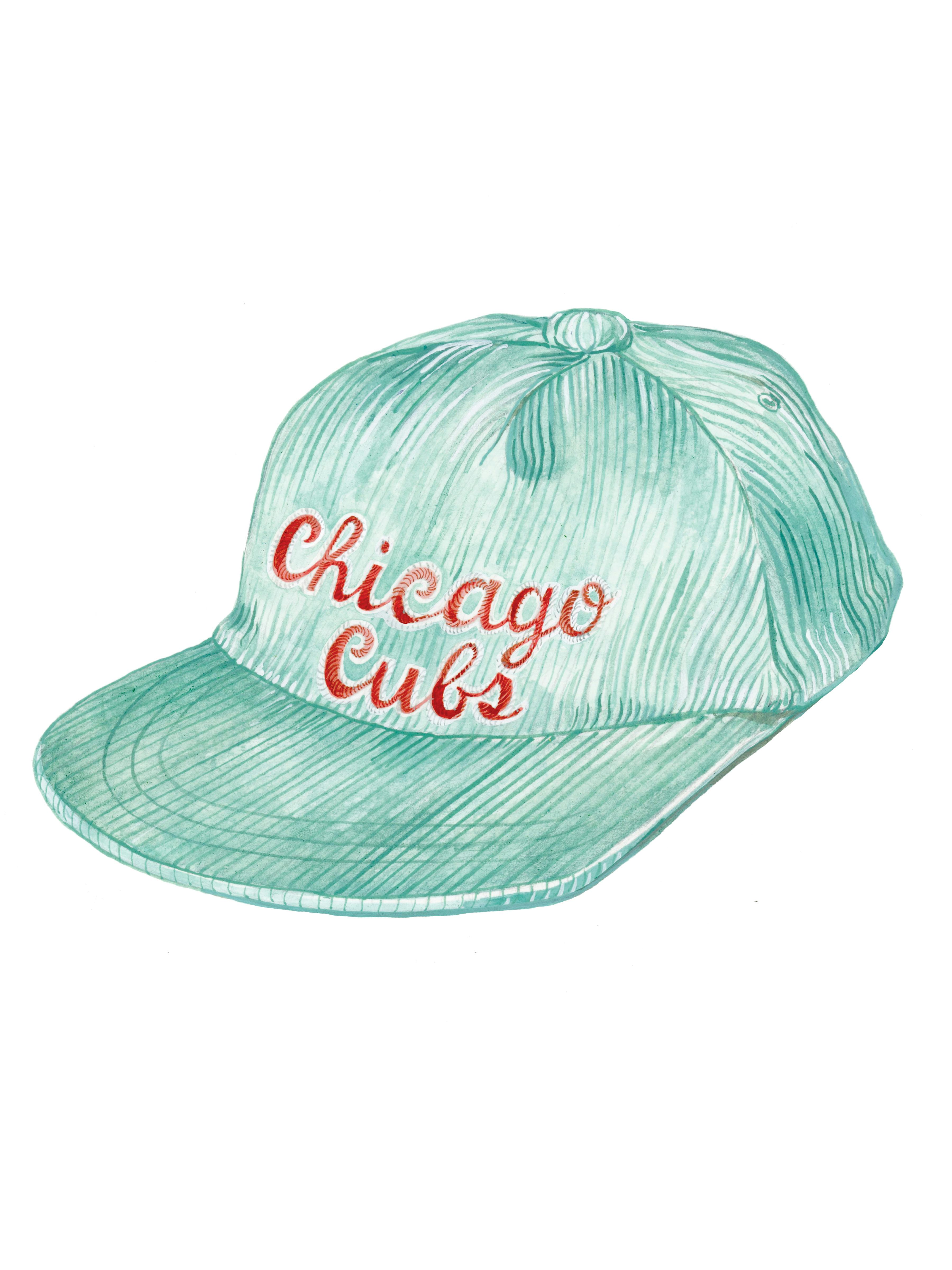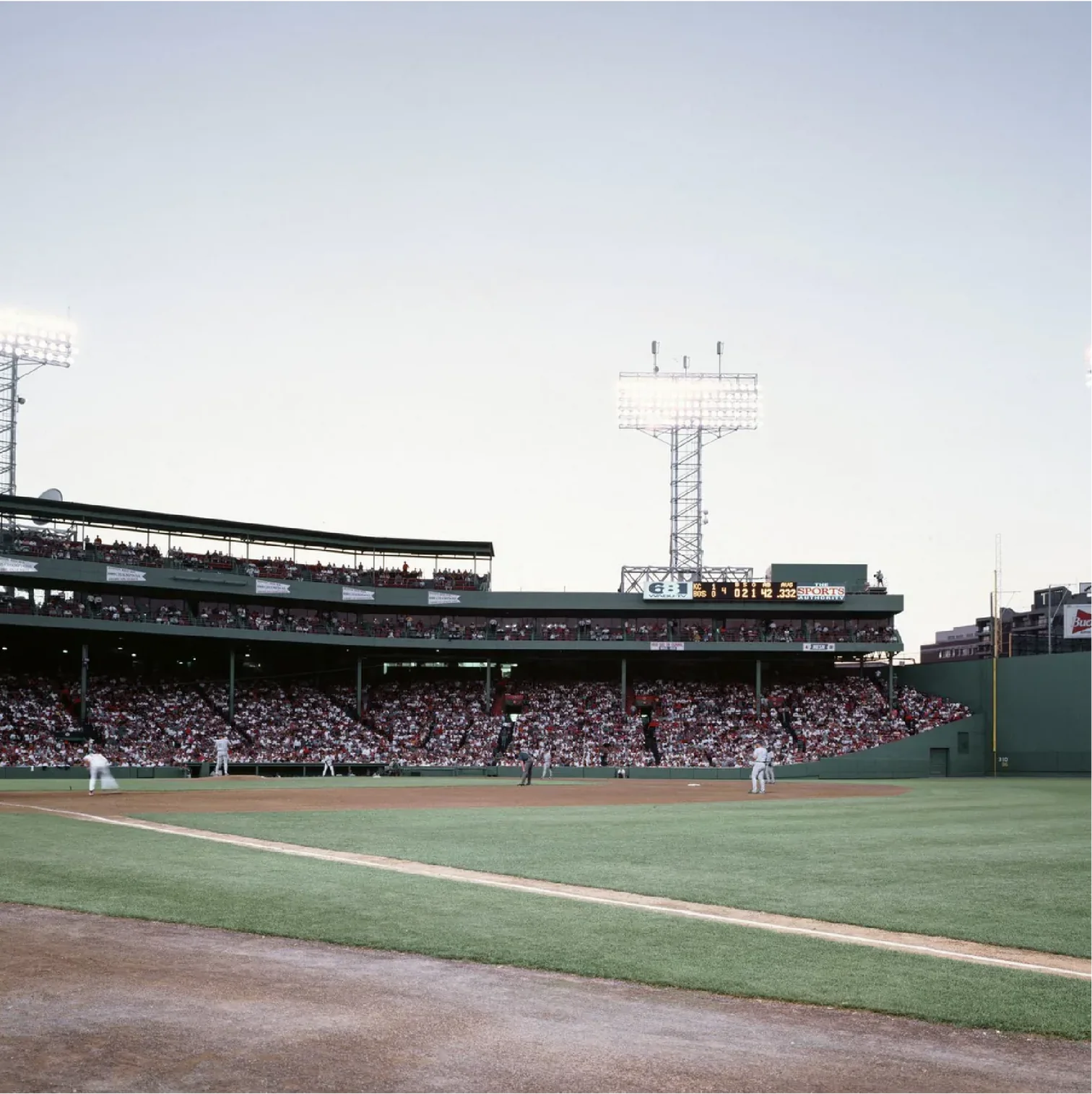Ruth Reichl’s ‘Jane Austen Life’ in Hudson Valley
The author and food critic on the friendly faces in Spencertown.
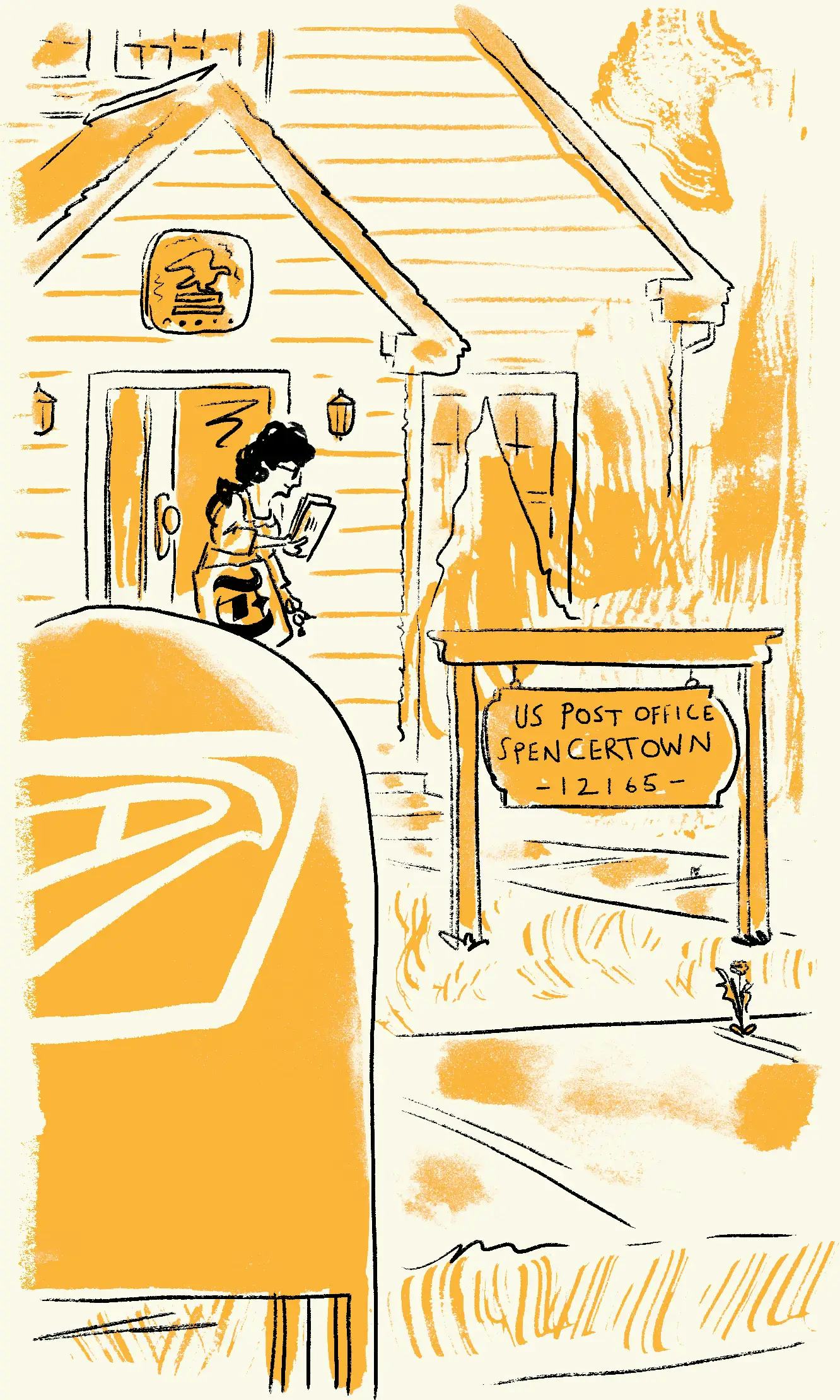
Want to write me a letter? If you simply address it to “Ruth, Spencertown, New York,” I’ll probably get it.
When I walk into the quaint little post office in our town, the postmistress will hand it over saying, “This came for you.” Then Kate will rewrap the package I’m mailing (I never do it well enough to suit her) while filling me in on the latest news about the softball team.
That’s what I love about living here.
Some mornings I wake up, stare at the mist rising off the mountains and try to figure out how I wandered into this Jane Austen life. For a person raised in the studied anonymity of a Manhattan apartment building (my parents lived next door to the same couple for forty years without ever knowing their names), it is comforting to be part of a community where privacy is impossible. We even have what amounts to a local squire: the artist Ellsworth Kelly lived in our little hamlet for a large part of his life, and although he’s no longer with us, his husband, Jack Shear, continues to support every local cause. They built us a fire station, renovated Town Hall and maintain conservancy trails; at Christmas, Jack even goes around town handing out Champagne. And yes, we all watch his comings and goings with the kind of avid curiosity so often found in Austen books—and so rarely in American cities. I know a lot about neighbors I have never met—and they know a lot about me.
A couple years ago I stupidly lit a fire without opening the vent in the fireplace. Five minutes later I was doing my best to evict the billows of smoke that filled the house when the fire chief showed up. “I know your husband is away,” said this man I’d never met before, “and when the alarm went off I thought I’d better stop in and make sure you were alright.”
When we moved here 30 years ago I had no idea it would be like this. But not a week had passed before a neighbor phoned to say he was certain we had old friends in common. “You don’t know me,” he began, “but the postmistress told me about you. Why don’t you come over for dinner?”
Sadly, they were vegetarians. Our nearest neighbor, however, was not. That first fall, we were startled to come home and find a deer carcass hanging outside Kenny’s house. The next day there were more. And more. Kenny took hunting season seriously, using a bow and arrow (the season is longer) so he could fill the freezer with meat for the year. When Kenny heard that I write about food (it was probably the postmistress who told him), he began showing up with packages of meat. Venison, duck, even wild turkey although he didn’t think much of the poor birds. “Dry and bony,” was his assessment, “but they make decent chili. Here, I’ll give you the recipe.”
In those days people around here tended to be frugal. Wealthy weekenders went to chic places like the Hamptons, leaving our valley to families who had been here for generations. They tolerated the artists, writers and musicians who’d been drawn by the untamed beauty of the land and its startlingly low cost. There was also, of course, a sprinkling of cooks, thrilled to be surrounded by farmers. We shopped local, rarely went out to eat (where would you go?) and never dressed up.
Friends who came to visit were mostly in search of bargains in Hudson’s many antique shops. We’d spend days walking down Warren Street, going in and out of funky little storefront places where the proprietors huddled over heaters—the shops were always freezing—and offered an astonishingly varied collection of goods. It was an endless treasure hunt. After a couple of years the dealers all knew I collected old kitchen implements, and they’d call whenever something interesting arrived. My greatest find was an antique juicer that resembles an elephant. It cost two dollars.
Afterward, we’d wander off Warren to the adjacent streets, whose once magnificent buildings had turned into wrecks. I always took people past the imposing Colonial Revival house on Court Street where the poet John Ashbery lived, hoping we might get a glimpse of the great man. We never did, but we’d eye the beautiful ruins around his home and wonder if they were affordable.
A few years ago it hit me that the wrecks were disappearing; by now all the beautiful buildings in Hudson have been restored to their former glory. The antique shops are mostly gone, replaced by restaurants, clothing stores and wine shops patronized by the inhabitants of these now-stately homes. Things are also starting to change here in our little town. We have a fine new performance space, and it looks like we’re going to have a Shaker museum. There’s great local cheese, eager young farmers, talented bakers. New restaurants seem to open every day. It all became too much for Kenny. A few years ago he sold his house to an artist who has replaced the hanging deer with contemporary sculptures. The air is still filled with the raucous sound of gunshots during hunting season, but I suspect the people in bright-red jackets are here for sport rather than survival.
Change, of course, is inevitable. But I’m already nostalgic for the life we’re losing.
Each time I pass the charming old church on our town green, I notice the sign that says it has been here since 1772. It reminds me that what I love most about living here is how slowly things changed in the intervening years. But things are speeding up. Any day now I’ll wake to find that I’m surrounded by strangers—and that envelopes addressed to Ruth in Spencertown have been returned to sender.

Field Guide
Hudson Valley & Catskills
Art stops and antique shops, historians and filmmakers, small-town delights and Catskills wonders.
About the author
RUTH REICHL lives in the Hudson Valley because she thinks it’s the best place for a cook in the country. And she should know: she was the food editor of the Los Angeles Times, the restaurant critic of The New York Times and the last editor of Gourmet magazine.
RUTH REICHL lives in the Hudson Valley because she thinks it’s the best place for a cook in the country. And she should know: she was the food editor of the Los Angeles Times, the restaurant critic of The New York Times and the last editor of Gourmet magazine.
